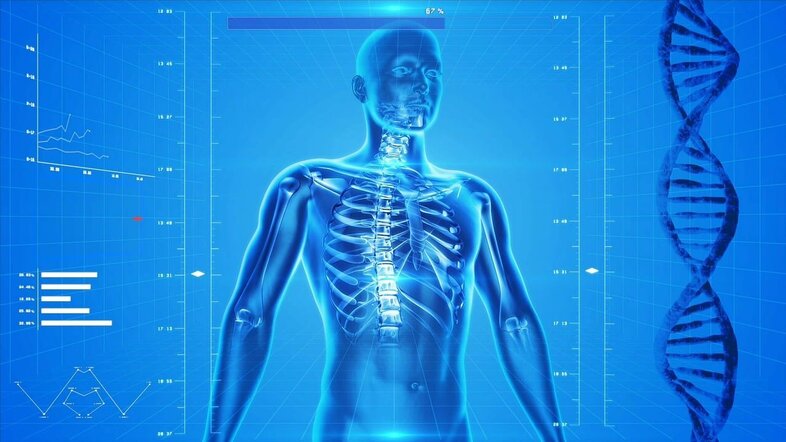Individualised diagnostics, therapy and prevention
Why medicine is becoming more and more personalised
15. January 2025
No two people are the same. It is therefore no surprise that patients with comparable symptoms may respond differently to the same treatment. The aim of personalised medicine is to increasingly tailor treatments to patients' needs. Rudolphina delves into this topic together with Barbara Prainsack, Professor at the Department of Political Science and Vice President of the Austrian platform for personalised medicine.
